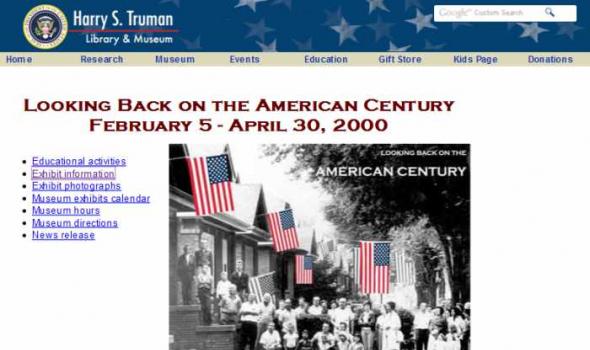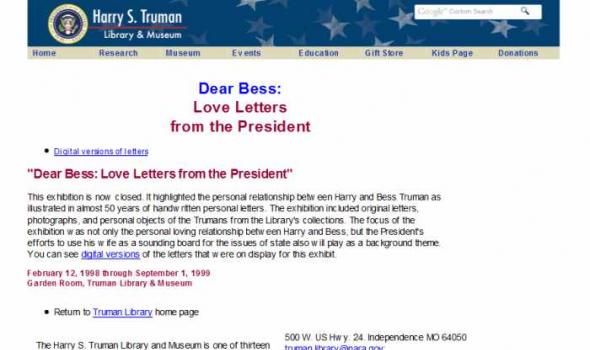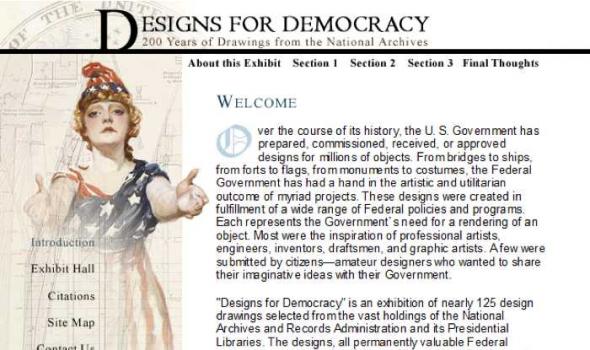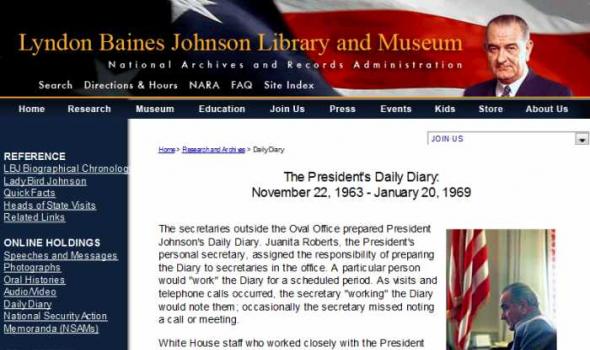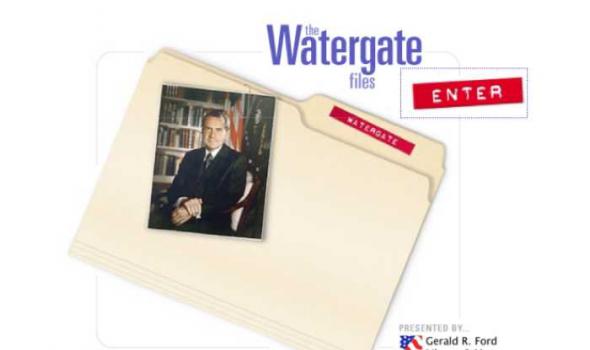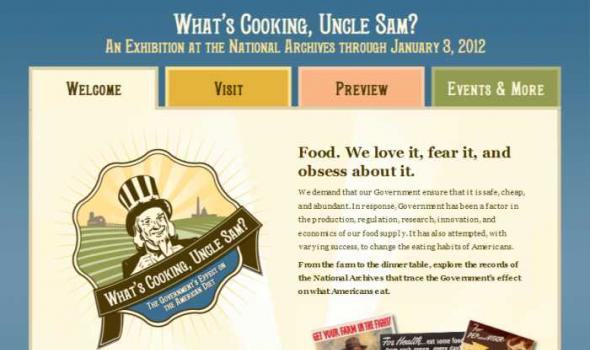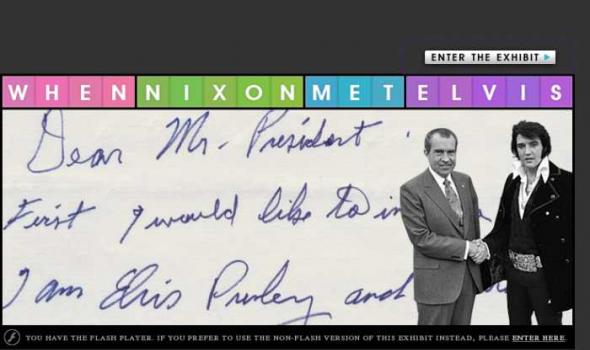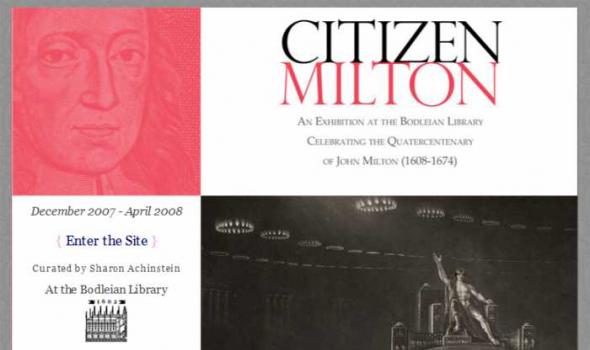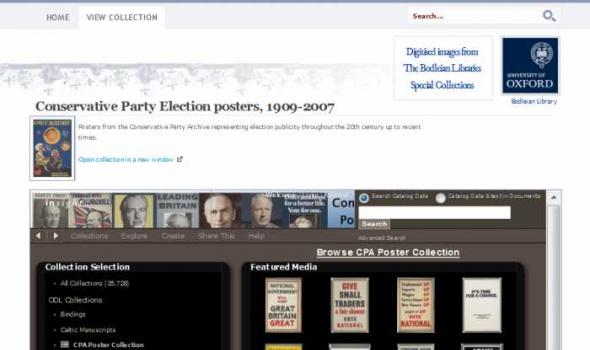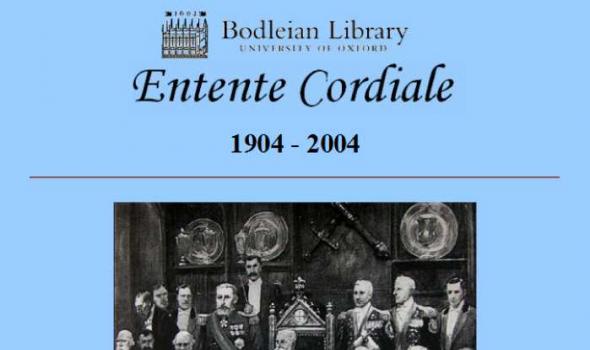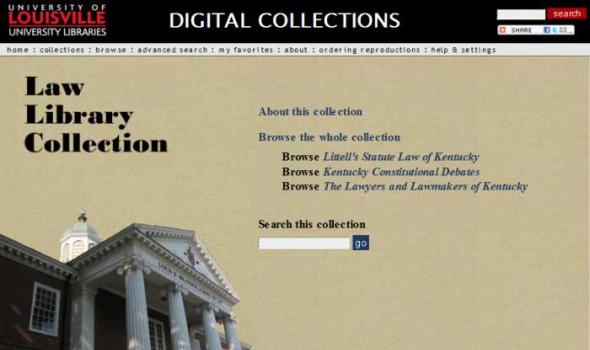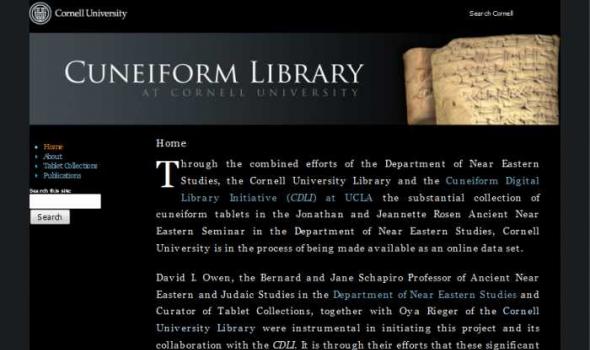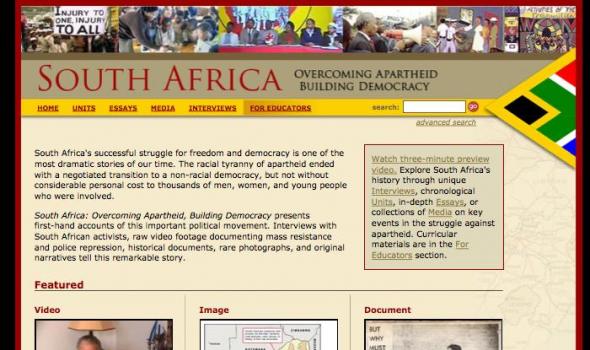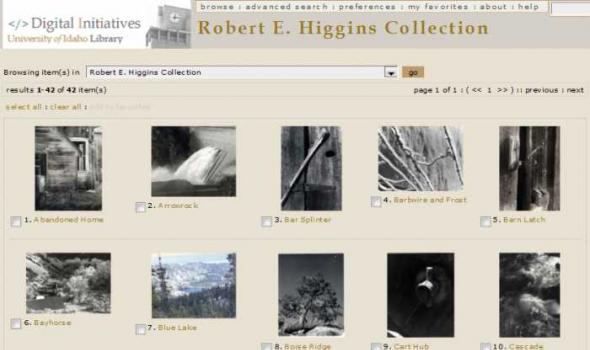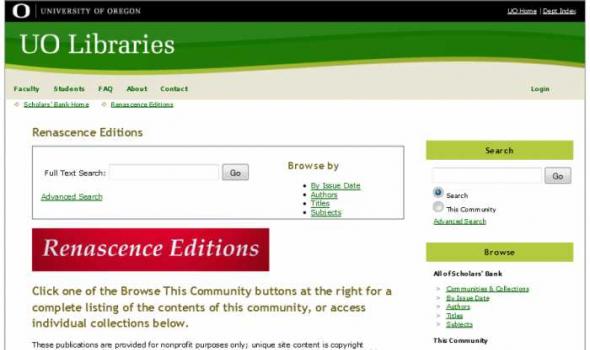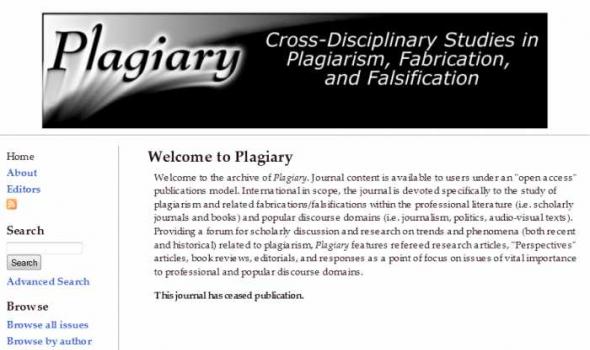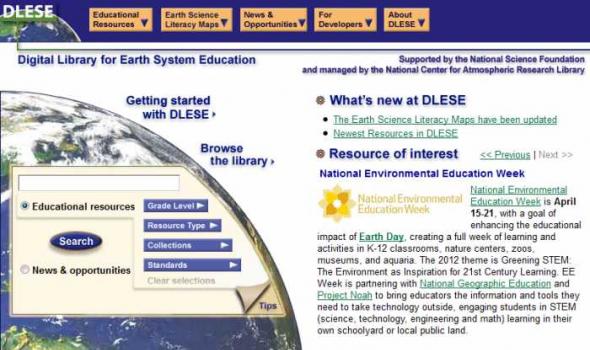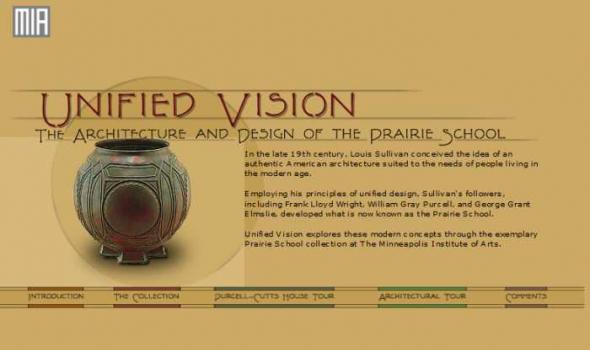Politics
April 22 -- October 29, 2000 "Remember the ladies," Abigail Adams had admonished her husband when our forefathers wrote the Declaration of Independence. This advice was ignored not only by John Adams but also by many subsequent generations. Now, over 200 years later, we see an encouraging transformation toward equal rights for women and a new curiosity about women's history. A fascinating array of female personalities have shaped our American experience,106 of whom are featured in our exhibit. Our opening gallery showcases unforgettable women who represent many qualities worthy of our appreciation. Then journey through time as women's struggles and progress from colonial times to the present are told through historical narratives and short biographies.
In 1761, fifteen years before the United States of America burst onto the world stage with the Declaration of Independence, the American colonists were loyal British subjects who celebrated the coronation of their new King, George III. The colonies that stretched from present-day Maine to Georgia were distinctly English in character although they had been settled by Scots, Welsh, Irish, Dutch, Swedes, Finns, Africans, French, Germans, and Swiss, as well as English. As English men and women, the American colonists were heirs to the thirteenth-century English document, the Magna Carta, which established the principles that no one is above the law (not even the King), and that no one can take away certain rights.
The Federal Convention convened in the State House (Independence Hall) in Philadelphia on May 14, 1787, to revise the Articles of Confederation. Because the delegations from only two states were at first present, the members adjourned from day to day until a quorum of seven states was obtained on May 25. Through discussion and debate it became clear by mid-June that, rather than amend the existing Articles, the Convention would draft an entirely new frame of government. All through the summer, in closed sessions, the delegates debated, and redrafted the articles of the new Constitution.
During the debates on the adoption of the Constitution, its opponents repeatedly charged that the Constitution as drafted would open the way to tyranny by the central government. Fresh in their minds was the memory of the British violation of civil rights before and during the Revolution. They demanded a "bill of rights" that would spell out the immunities of individual citizens.
Looking Back on the American Century February 5 � April 30, 2000 In 1940 publisher Henry Luce used the phrase "the American Century" to describe the emergence of the United States as the preeminent world power. Beginning with the accession of a young and energetic Theodore Roosevelt to the Presidency in 1901, the United States began to turn its vast resources onto the world stage. Since that time, through world wars, depression, boom times, social upheavals, scientific and technological developments, and cultural trends, the United States vigorously placed its stamp of influence on the 20th Century. This exhibition presents a small taste of the American Century.
During the depths of the Great Depression of the 1930s and into the early years of World War II, the Federal government supported the arts in unprecedented ways. For 11 years, between 1933 and 1943, federal tax dollars employed artists, musicians, actors, writers, photographers, and dancers. Never before or since has our government so extensively sponsored the arts. MORE... This link is not functional because your browser does not support JavaScript or Javascript has been disabled. Please use this link to MORE...
Dear Bess: Love Letters from the President "Dear Bess: Love Letters from the President" February 12, 1998 through September 1, 1999 Garden Room, Truman Library & Museum The Harry S. Truman Library and Museum is one of thirteen Presidential Libraries administered by the National Archives and Records Administration . 500 W. US Hwy. 24. Independence MO 64050 truman.library@nara.gov ; Phone: 816-268-8200 or 1-800-833-1225; Fax: 816-268-8295.
Federal Designs: Symbolism Symbols are an important part of America`s design heritage. They establish and reinforce the national identity and patriotism. In some cases, American symbols are based on recognized associations. The ideals of Greek democracy, the power of Imperial Rome, or the refinements of European fashion frequently are reflected in Federal designs. At other times and for other purposes, designers created icons using images unique to this new country, to this new form of government, and to America`s aspirations to world power.
Since the signing of the Declaration of Independence, our rights as citizens of the United States have been debated, contested, amended, and documented. The Bill of Rights, the first 10 amendments to the Constitution, established our basic civil rights. Later amendments and court decisions have continued the process of defining our human and civil rights. Documents in the National Archives give voice to our national struggle for personal rights and freedoms. From the Emancipation Proclamation to the five cases that comprised Brown v. Board of Education , this exhibit features a sampling of documents from all regions of the National Archives.
This exhibition examines Presidential elections, with a particular emphasis on elections in the last 80 years when radio and television brought these campaigns into the living rooms of homes across America. Text, photographs, graphic images, original artifacts and campaign memorabilia, as well as audio and video stations will be featured in the exhibition. In addition, a series of activity areas will invite visitors to participate in election activities such as mock voting and campaigning. The exhibition will be organized in a series of theme areas that survey aspects of Presidential campaigns and elections over the years.
National Archives and Records Administraton Eyewitness American Originals from the National Archives Introduction Out of the stacks and vaults of the National Archives comes this selection of eyewitness accounts. They are vivid and intensely personal, transporting us to a deeper understanding of the events described.
This exhibit highlights the contributions of the thousands of Americans, both military and civilian, who served their country during World War II. Documents from the National Archives and Records Administration's (NARA) National Personnel Records Center in St. Louis form the core of the exhibit. For those who lived through the Second World War, this exhibit may help them recall their experiences. For those who did not, it is hoped they will gain a deeper understanding of the sacrifice and commitment of those Americans who, after almost four years, were "A People at War."
Guns, tanks, and bombs were the principal weapons of World War II, but there were other, more subtle forms of warfare as well. Words, posters, and films waged a constant battle for the hearts and minds of the American citizenry just as surely as military weapons engaged the enemy. Persuading the American public became a wartime industry, almost as important as the manufacturing of bullets and planes. The Government launched an aggressive propaganda campaign with clearly articulated goals and strategies to galvanize public support, and it recruited some of the nation's foremost intellectuals, artists, and filmmakers to wage the war on that front.
The President's Daily Diary: November 22, 1963 - January 20, 1969 The secretaries outside the Oval Office prepared President Johnson's Daily Diary. Juanita Roberts, the President's personal secretary, assigned the responsibility of preparing the Diary to secretaries in the office. A particular person would "work" the Diary for a scheduled period. As visits and telephone calls occurred, the secretary "working" the Diary would note them; occasionally the secretary missed noting a call or meeting. White House staff who worked closely with the President frequently entered the Oval Office without the visit being noted in the Diary.
The National Archives and Records Administration Clifford K. Berryman: Political Cartoonist Extraordinaire In 1886 at the age of 17, Clifford K. Berryman moved from Kentucky to Washington, DC, to work at the U.S. Patent Office, where he used his self-taught talents to draw patent illustrations. He left the Patent Office in 1891 to become a cartoonist’s understudy for the Washington Post. Within five years, Berryman was chief cartoonist, a position he held until 1907 when he became the front-page cartoonist at the Washington Evening Star. Berryman drew political cartoons for the Star until his death in 1949 at the age of 80. Washington political circles embraced Berryman’s cartooning.
About This Exhibit Tokens and Treasures Gifts to Twelve Presidents The exhibition "Tokens and Treasures, Gifts to Twelve Presidents" was displayed in the Circular Gallery of the National Archives, March 22, 1996 through February 2, 1997. This exhibit showcases over 200 gifts sent to Presidents Hoover through Clinton.
Treasures of Congress An exhibit in the National Archives Rotunda, Washington, DC January 21, 2000—February 19, 2001 Few institutions have been as central to the course of American history as the U.S. Congress. Most of the great issues in our national life have been played out there, and many of our most memorable political figures have served in the House of Representatives or the Senate. Congress's pivotal position was built into the American system in 1787.
When Judge John Sirica gaveled the trial of the Watergate seven to order on January 8, 1973, federal investigators had already discovered a covert slush fund used to underwrite nefarious activities against Democrats. The money and the men on trial could be linked to the Committee to Re-elect the President (CRP) at whose head sat the former Attorney General of the United States, and President Nixon’s former law partner, John Mitchell. At the trial, E. Howard Hunt, who had planned the break-in, and four of the burglars pleaded guilty. G. Gordon Liddy, who helped in the planning, and James McCord, the other burglar, refused to cooperate, were convicted of various charges, and sentenced to prison.
What’s Cooking Uncle Sam? An Exhibition at the National Archives through January 3, 2012 Food. We love it, fear it, and obsess about it. We demand that our Government ensure that it is safe, cheap, and abundant. In response, Government has been a factor in the production, regulation, research, innovation, and economics of our food supply. It has also attempted, with varying success, to change the eating habits of Americans. From the farm to the dinner table, explore the records of the National Archives that trace the Government’s effect on what Americans eat.
Elvis Presley met President Richard Nixon in the Oval Office on December 21, 1970. This is the behind-the-scenes story of how and why the meeting occured told through the original photographs, letters and memos created by Presley and the White House staff.
August 2003 James Maxton was one of the leading figures of the Independent Labour Party (ILP) in Glasgow and a key political figure during the Red Clydeside period. Like many of his colleagues in the ILP, Maxton was a pacifist and campaigned against Britain's involvement in the first world war and against the introduction of conscription. Maxton was imprisoned in 1916 for delivering pro-strike speeches at a demonstration to oppose the Munitions Act. Maxton was elected MP for Bridgeton in 1922 and devoted much of his political life to alleviating poverty within the city of Glasgow. Maxton attempted on several occasions to steer the Parliamentary Labour Party in the direction of a strictly socialist programme of policies.
Last Updated: 19/03/2004 Disclaimer: This website is best viewed with a monitor resolution of at least 1024x768. eMail: victoriantimes@cdlr.strath.ac.uk Victorian Times is funded by the New Opportunities Fund (NOF) under their digitisation funding strand. � Centre for Digital Library Research, University of Strathclyde, 2003-2009
March 2002 The Aspect project was set up to create a digital archive of the ephemera - leaflets, flyers, postcards, newsletters - produced by candidates and political parties for the first Scottish parliamentary election in May 1999. The project is funded by the University of Strathclyde's Directorate of Information Strategy The archive is based on the collection of election ephemera held by the Andersonian Library at the University of Strathclyde, which is acknowledged to be an important and unique record of a key event in Scottish history. The creation of a digital archive will significantly improve the accessibility and usability of the information contained within the collection whilst conserving the original materials, which may be subject to deterioration through loss and damage.
Marking 100 years since H.H. Asquith became Prime Minister 100 years ago H.H. Asquith (1852-1928) became Prime Minister. In continuous office for over eight years from 1908 to 1916, he was at the helm of a government which re-modelled the British political landscape and introduced innovatory social measures. The introduction of old age pensions, national insurance, and employment exchanges, and the reform of the House of Lords, are among the developments chronicled in Asquith's papers and those of his political colleagues held at the Bodleian . Long standing issues such as Irish home rule and women's suffrage also had to be addressed.
Bodleian Library, Oxford Dec 2007 - Apr 2008 Introduction John Milton was born 400 years ago, and his ideas about citizenship are still relevant to us today. The author of the greatest epic poem in English, Paradise Lost , was also a reforming prose writer, a member of a revolutionary government, and the victim of censorship, whose daring positions we now consider vital to modern governance. Advocate of freedom of the press, transparency in government, public debate, education for liberty, the right to divorce, the disestablishment of the church and the abolition of monarchy, Milton espoused positions radical even by today's standards.
Posters from the Conservative Party Archive representing election publicity throughout the 20th century up to recent times. Conservative Party Archive: Poster Collection
All images are copyright the Bodleian Library and are free for private use and teaching provided you acknowledge the source. A full copyright statement and a permissions form for all other uses, including publication, are available here. Higher resolution images are available via the Bodleian Library Imaging Services.
1904 - 2004 Colloque franco-britannique To coincide with the colloque franco-britannique events in Oxford and London (14-15 October 2004) the latest additions to the website illustrate two different aspects of the impact made by King Edward VII's visit to Paris in April 1903. The first is an extract from one of the many press cuttings in Sir Edmond Monson's papers marking the event. Provided by Romeike & Curtis, a press cutting agency in Ludgate Circus Buildings, London, the cutting from the Belfast Newsletter of 8 May 1903 describes the culinary impact of the visit and the King's preference for simple table settings. The second extract is taken from the centenary lecture given by Dr.
The Suez Crisis The 1956 Suez Crisis is one of the most important and controversial events in British history since the Second World War. Not only did Suez result in deep political and public division in Britain, it also caused international uproar. It has come to be regarded as the end of Britain's role as one of the world powers and as the beginning of the end for the British Empire. In future British foreign policy would be conducted in concurrence with American diplomatic support. This special online exhibition has been developed to mark the fiftieth anniversary of the Crisis.
DIGITAL COLLECTIONS About the Law Library The Law Library is a major regional resource for legal information, serving the university community, the practicing bar, and the general public. Its primary mission is to support the curriculum and the research needs of the faculty and the students of the University of Louisville Louis D. Brandeis School of Law. However, as part of an historic and distinguished law school whose roots reach deeply into Kentucky legal history, the Law Library has over the years accumulated rich collections of materials of national and state legal publications, many of which date back to the foundation of the American republic. In addition, through the efforts of Louisville native Louis D.
DIGITAL COLLECTIONS About the Collection The Romano L. Mazzoli Oral History Collection documents the life and political career of Congressman Romano (Ron) Mazzoli, an Italian-American native of Louisville, Kentucky who represented Kentucky's Third Congressional District for 24 years (1971-1995). The 66 hours of interviews complement and move beyond the congressman's papers (also housed at the University of Louisville Archives and Records Center), including documentation of the workings of his local and Washington offices, interactions with constituents and colleagues, and his role on the national stage, as well as reminiscences by family, friends, and Mazzoli himself.




